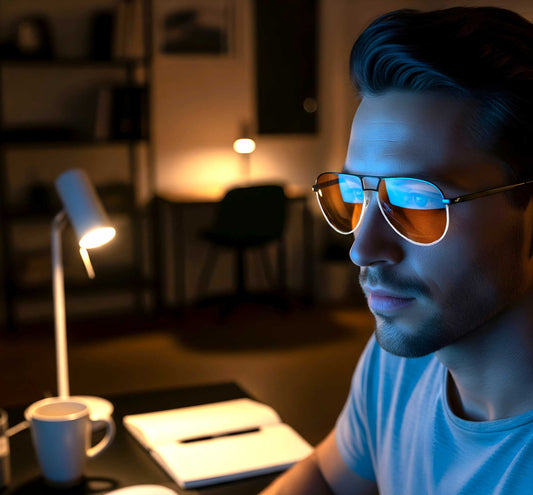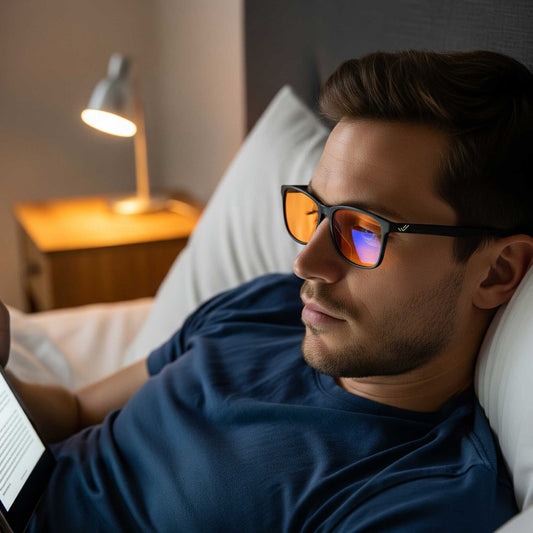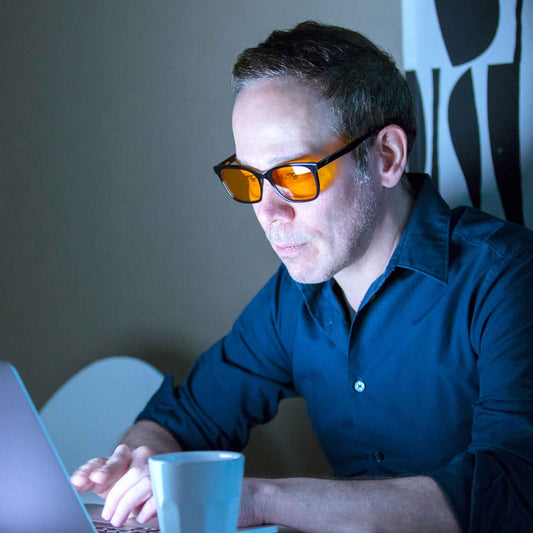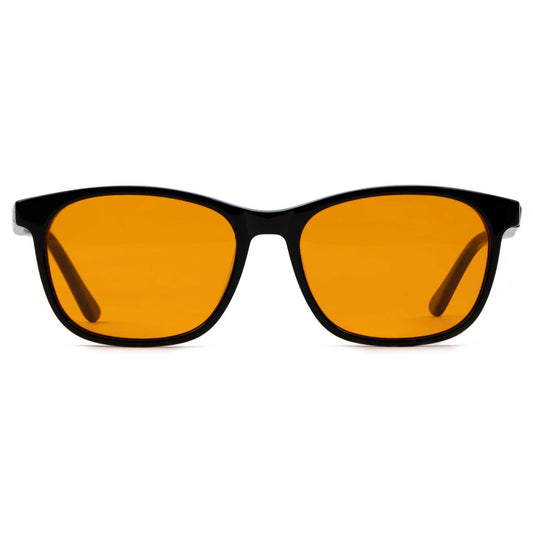(10 minute read)
Alcohol and sleep. Do you know someone who drinks a bit too much? In this article, you will learn how drinking alcohol affects your sleep quality. You will get the details about why reducing your alcohol intake can improve your sleep quality.
How does alcohol affect sleep?
You may have experienced that alcohol tends to have a sedative effect, getting you into sleep quicker. It is often believed that alcohol promotes sleep with the sedative properties it offers. This belief reflects in that alcohol is the most commonly used “over the counter” sleep aid. Many Americans, including persons with insomnia symptoms, rely on alcohol to fall asleep. Alcohol depresses the central nervous system and may help you relax and fall asleep quicker if consumed in lower doses. This is partly due to the alcohol-induced increase of GABA in your brain. GABA has a powerful role for relaxation, as GABA is the primary inhibitory neurotransmitter. I am sure this can sound promising when overlooking what happens to your overall sleep.
Why is alcohol so bad for sleep?
The effects of alcohol on your sleep have been extensively studied, with the conclusion that alcohol and sleep do not go well together. The price to pay for the initial sedative effect is that your overall sleep gets altered, with decreased time in essential parts of your sleep cycles. Depending on when and how much alcohol you consume, the impact on your sleep differs. It has been shown that even smaller amounts of alcohol affect your sleep quality, with less effective overall sleep. It has also been shown that the shortened time falling asleep vanishes upon increased alcohol tolerance, and excessive drinking results in a longer time falling asleep, lower sleep duration, and more frequent times waking up during the night.
Alcohol contributes to changes in your circadian rhythm that can trigger insomnia symptoms and shortened sleep duration. Your inner biological clock controls the circadian rhythm via external factors as your light-dark cycle, physical exercise, and sleep. Your normal circadian rhythm is dialed into almost exact 24-hours, regulating metabolic health, sleep, and cognitive functions. Alcohol has the ability to disrupt this fine-tuned biological clock and therefore can affect your body’s balance.
For the best sleep possible, it is crucial that the body gets the right amount of each sleep ingredient. Like baking a dark chocolate cake and forgetting the cocoa powder, the end result gets bland and unsatisfying. In the case of sleeping with alcohol in your bloodstream, REM sleep is the missing link. One of the main consequences of alcohol use is a decrease in essential REM sleep and your total time in sleep. When drinking alcohol, it has been seen that REM sleep is greatly reduced, spending more time in slow-wave sleep. This is far from ideal, as slow-wave sleep is only a part of the full sleep cycle. At this point, the exact functionality of the deep sleep stages is unknown. What has been concluded is that both REM and slow-wave sleep are vital for brain development and memory consolidation.
When missing out on REM sleep after a night of drinking, your body will do its best to catch up during the nights that follow. Depending on your alcohol consumption, this may affect your sleep for several days after the night of drinking, with your body’s natural sleep architecture being altered with reduced sleep efficiency, via less time sleeping and an increase in nightly wakening episodes.
Reduce the effect of alcohol on sleep
If you like to drink alcohol, there are some smart ways to reduce its impact on your sleep. A key part is to manage your alcohol-consumption so it does not disturb your sleep and circadian rhythm. It has been shown that your body is most prepared to handle drinking in the mid-evening hours and least prepared in the morning. As your body is breaking down the alcohol at a constant rate over time, the amount of alcohol you drink close to bedtime is crucial. If there still is alcohol in your body during sleep, you are more or less in the risk zone of getting your sleep disturbed. So, to set your body up for the best sleep, make sure to drink moderately, keeping your intake within early to mid-evening so that most of the alcohol has been processed by the time you go to bed. To reduce the risk of disturbing your night sleep, stop drinking at least four hours before bedtime.
I hope you got something valuable from this article— giving you a quick overview of the connection between drinking alcohol and how you sleep.
Click on the share links below to help others improve their sleep naturally.
Happy Deep Sleep,
Oskar Eriksson, M.Sc.
The Sleep Engineer™
























